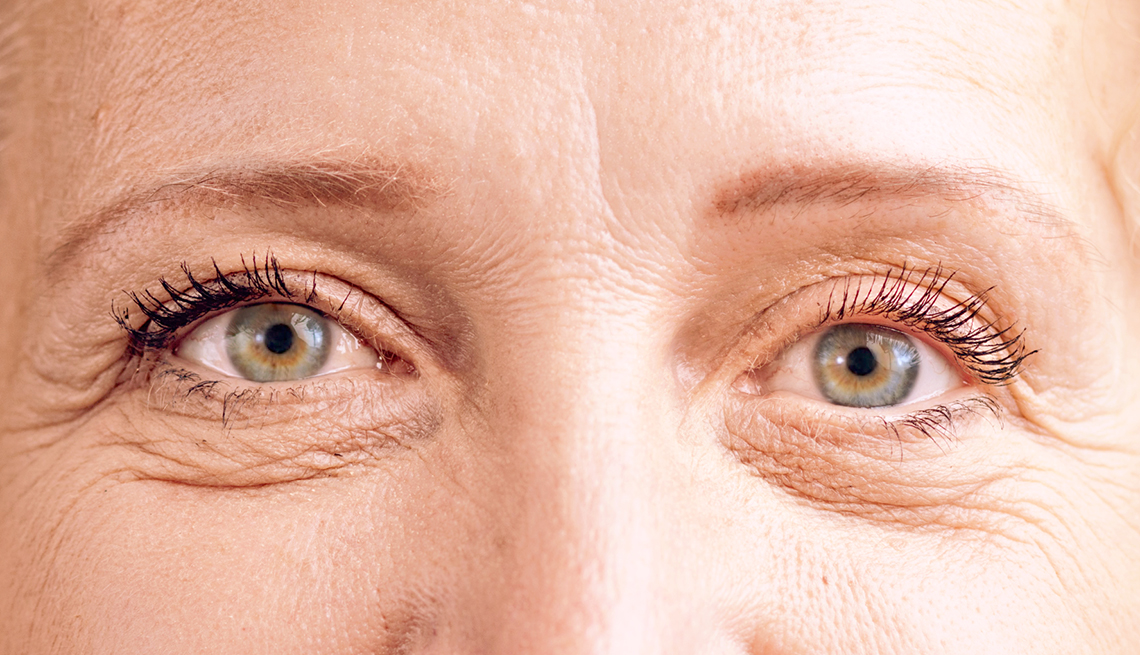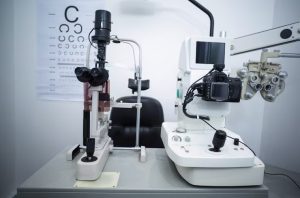All Categories
Featured
Chronic eye conditions, such as glaucoma, macular deterioration, and diabetic person retinopathy, need continuous like protect vision and keep lifestyle. Efficient management of these problems involves a combination of medical treatment, way of living modifications, and normal surveillance. Below's just how individuals can organize their eye health and take care of persistent eye conditions successfully.
One of the most important actions in managing persistent eye problems is sticking to your physician's suggestions. This includes:
![]()
Using recommended medicines: Take eye drops, dental medications, or shots as directed to control symptoms or slow-moving illness progression.
Attending routine check-ups: Constant check outs to an eye care specialist allow for prompt adjustments to your treatment strategy and early discovery of changes in your problem.
Undertaking required treatments: Some conditions, like glaucoma or retinal conditions, might require medical or laser treatments to stop additional damage.
Your overall wellness dramatically influences your eye health and wellness. Taking on a healthy way of living can reduce the threat of complications and boost outcomes.
Eat a well balanced diet plan: Nutrient-rich foods, such as leafy environment-friendlies, fish high in omega-3 fatty acids, and fruits, canister sustain eye wellness.
Workout regularly: Physical activity enhances blood circulation, which benefits the eyes by ensuring they obtain appropriate oxygen and nutrients.
Manage persistent conditions: If you have diabetes mellitus, high blood pressure, or other systemic conditions, maintain them under control to stop getting worse eye concerns.
Prevent smoking: Smoking enhances the threat of creating or worsening persistent eye problems, consisting of macular degeneration and cataracts.
![]()
Preventing more damage to your eyes is vital in taking care of chronic conditions:
Wear safety eyeglasses: Usage sunglasses with UV defense to secure your eyes from dangerous rays and decrease the threat of complications.
Limit screen time: Extreme screen exposure can stress your eyes. Practice the 20-20-20 policy-- check out something 20 feet away for 20 secs every 20 minutes.
Keep correct lights: Avoid stressing your eyes by ensuring ample lighting when checking out or functioning.
Comprehending your condition empowers you to make enlightened decisions concerning your care. Ask your eye care company concerning:
The progression and prospective results of your problem.
Indications and signs that call for prompt focus.
Readily available resources, such as support system and educational products.
![]()
Dealing with a chronic eye problem can be psychologically difficult. Consider:
Joining support system: Sharing experiences with others in comparable situations can give comfort and practical suggestions.
Speaking to a therapist: Specialist advice can aid you handle the emotional effect of vision modifications.
Conclusion
Taking care of persistent eye problems requires a positive and thorough approach. By following medical advice, embracing a healthy and balanced way of life, protecting your eyes, and looking for support, you can effectively navigate the obstacles of these problems and protect your vision. Normal communication with your eye care provider is necessary to guarantee your monitoring plan remains efficient and tailored to your demands.
- Follow Medical Suggestions and Therapy Plans
One of the most important actions in managing persistent eye problems is sticking to your physician's suggestions. This includes:

Using recommended medicines: Take eye drops, dental medications, or shots as directed to control symptoms or slow-moving illness progression.
Attending routine check-ups: Constant check outs to an eye care specialist allow for prompt adjustments to your treatment strategy and early discovery of changes in your problem.
Undertaking required treatments: Some conditions, like glaucoma or retinal conditions, might require medical or laser treatments to stop additional damage.
- Preserve a Healthy And Balanced Lifestyle
Your overall wellness dramatically influences your eye health and wellness. Taking on a healthy way of living can reduce the threat of complications and boost outcomes.
Eat a well balanced diet plan: Nutrient-rich foods, such as leafy environment-friendlies, fish high in omega-3 fatty acids, and fruits, canister sustain eye wellness.
Workout regularly: Physical activity enhances blood circulation, which benefits the eyes by ensuring they obtain appropriate oxygen and nutrients.
Manage persistent conditions: If you have diabetes mellitus, high blood pressure, or other systemic conditions, maintain them under control to stop getting worse eye concerns.
Prevent smoking: Smoking enhances the threat of creating or worsening persistent eye problems, consisting of macular degeneration and cataracts.
- Secure Your Eyes

Preventing more damage to your eyes is vital in taking care of chronic conditions:
Wear safety eyeglasses: Usage sunglasses with UV defense to secure your eyes from dangerous rays and decrease the threat of complications.
Limit screen time: Extreme screen exposure can stress your eyes. Practice the 20-20-20 policy-- check out something 20 feet away for 20 secs every 20 minutes.
Keep correct lights: Avoid stressing your eyes by ensuring ample lighting when checking out or functioning.
- Inform Yourself
Comprehending your condition empowers you to make enlightened decisions concerning your care. Ask your eye care company concerning:
The progression and prospective results of your problem.
Indications and signs that call for prompt focus.
Readily available resources, such as support system and educational products.
- Look For Emotional Support

Dealing with a chronic eye problem can be psychologically difficult. Consider:
Joining support system: Sharing experiences with others in comparable situations can give comfort and practical suggestions.
Speaking to a therapist: Specialist advice can aid you handle the emotional effect of vision modifications.
Conclusion
Taking care of persistent eye problems requires a positive and thorough approach. By following medical advice, embracing a healthy and balanced way of life, protecting your eyes, and looking for support, you can effectively navigate the obstacles of these problems and protect your vision. Normal communication with your eye care provider is necessary to guarantee your monitoring plan remains efficient and tailored to your demands.
Latest Posts
Dependable Industrial Roof Solutions by Weathercraft
Published May 26, 25
1 min read
Join Your Financial Partner at WyHy – Top Benefits for Your Future
Published May 20, 25
1 min read
Uncover Cut Costs on Car Maintenance with Montclare Auto Repair’s Limited-Time Deals
Published May 19, 25
1 min read
More
Latest Posts
Dependable Industrial Roof Solutions by Weathercraft
Published May 26, 25
1 min read
Join Your Financial Partner at WyHy – Top Benefits for Your Future
Published May 20, 25
1 min read
Uncover Cut Costs on Car Maintenance with Montclare Auto Repair’s Limited-Time Deals
Published May 19, 25
1 min read